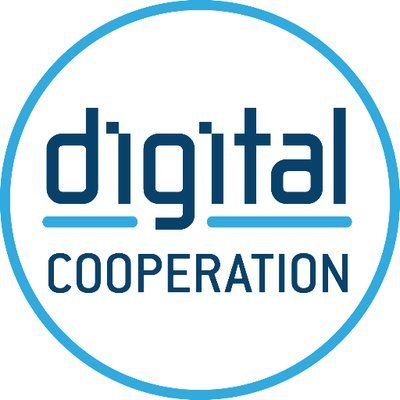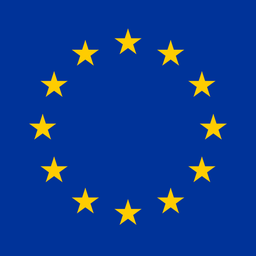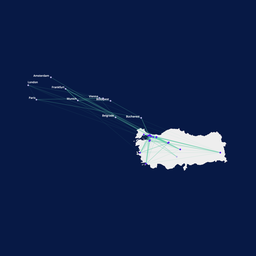In July 2018, the UN Secretary-General convened a High-level Panel on Digital Cooperation, "to advance proposals to strengthen cooperation in the digital space among governments, the private sector, civil society, international organizations, academia, the technical community and other relevant stakeholders."
The panel is co-chaired by philanthropist Melinda Gates and e-commerce magnate Jack Ma, and brings together experts (including Vint Cerf) from around the world, "to raise awareness about the transformative impact of digital technologies across society and the economy, and contribute to the broader public debate on how to ensure a safe and inclusive digital future for all."
The panel held a series of various consultations with its target stakeholder groups and submitted a report on its findings in June 2019, The Age of Digital Interdependence, which lays out a series of recommendations for how digital technology can be used to achieve the UN's Sustainable Development Goals (SDGs) and contribute to a more inclusive digital economy, a review of human rights and security-related issues in the digital sphere, and a set of three different proposals for advancing global digital cooperation.
One of these three proposals is an "IGF Plus" model. As the name suggests, it seeks to build on the existing Internet Governance Forum (IGF) architecture. The IGF is a global, multistakeholder, bottom-up approach to Internet governance that has brought together a diverse range of Internet stakeholders, including the technical community, to share their perspectives and further discussions around all aspects of Internet governance. Since its inception 13 years ago, the RIPE NCC and the other RIRs have actively supported the IGF through financial contributions and by organising and participating in IGF workshops and panels.
Given our long involvement with the existing IGF and our vested interest - as part of the Internet technical community - in maintaining a multistakeholder approach to Internet governance, the RIPE NCC has submitted a formal response to the UN panel's report (which we have done through the IGF and EuroDIG, one of the more prominent regional IGFs that we also support).
You can read the full response, but in summary, we've stated our support of a model that builds on the strengths of the existing IGF model (namely, its values of inclusiveness, transparency and a multistakeholder approach), while recognising the IGF's main challenges (a lack of concrete outcomes and participation from high-level policymakers and industry representatives).
We also encourage the panel to take into consideration the important role played by national and regional IGFs, and to include a process for incorporating discussions that take place in these venues into the global discussion. In addition, we highlight the need for the panel to secure financial contributions from the full range of Internet stakeholders to ensure a lasting IGF Plus model going forward.
There will be a dedicated session on the report at this year's IGF, which takes place in Berlin from 25-29 November. We will report back on the next steps in the panel's work as things develop.





Comments 0
The comments section is closed for articles published more than a year ago. If you'd like to inform us of any issues, please contact us.